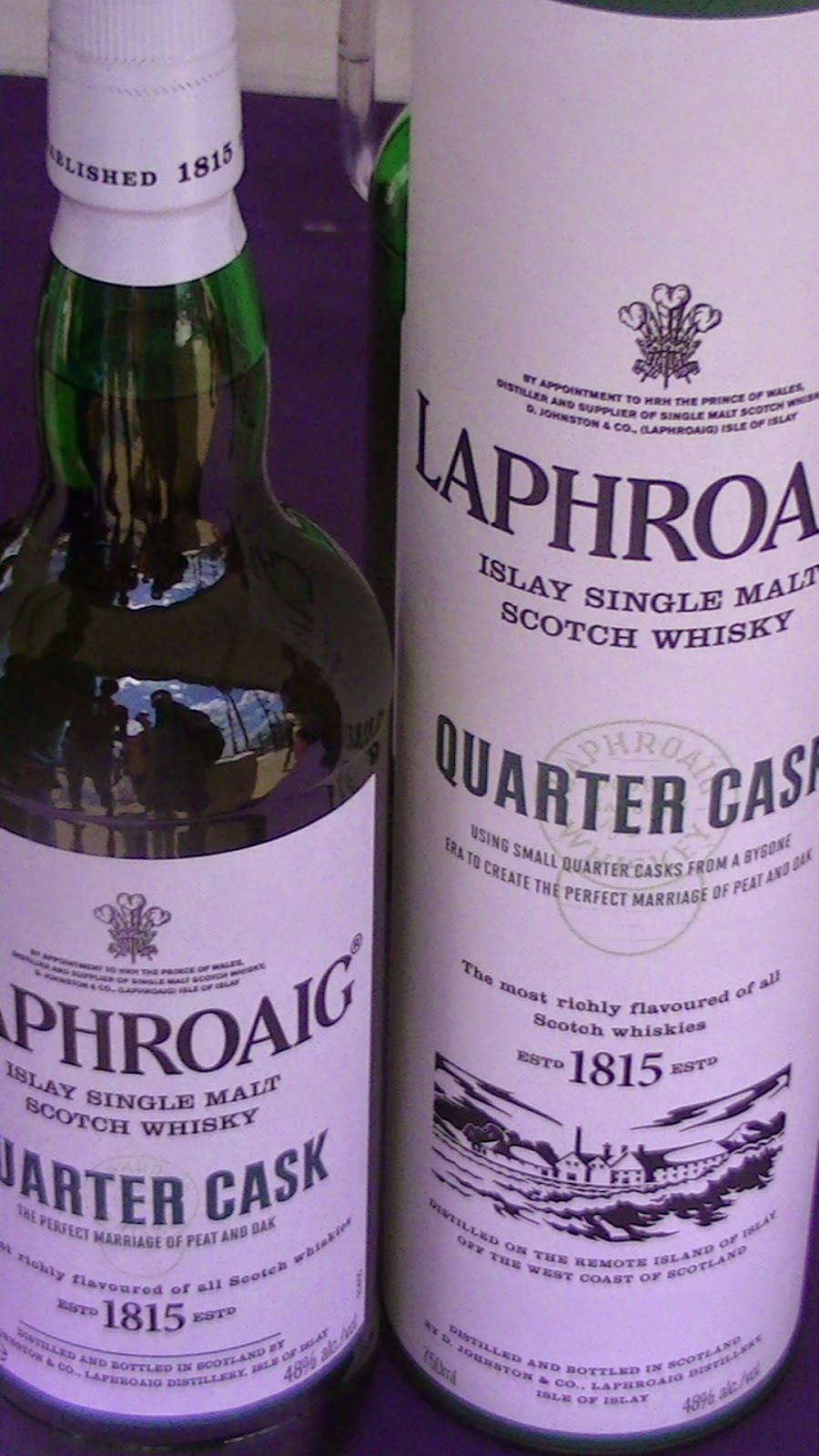 The Virginia Distillery Company has a couple of enticing series of whiskeys available with the first branded Courage & Conviction; their American Single Malt whisky finished in various used casks. The whisky is made using malted barley and fresh spring water fed from the Blue Ridge Mountains with the mash distilled using hand-hammered copper pot stills crafted in Scotland. The second series is branded Virginia-Highland Whiskey which blends their Virginia-made American Single Malt whisky with aged Scotch malt whisky and then aging in various used casks. The American Single Malt whisky is the base for the Courage & Conviction line. The Scotch malt whisky comes from a stock they purchased many years ago when building out their distillery and needing a product to release. And even more enticing is their release of miniatures allowing consumers to taste the series without spending the $70-80 per bottle.
The Virginia Distillery Company has a couple of enticing series of whiskeys available with the first branded Courage & Conviction; their American Single Malt whisky finished in various used casks. The whisky is made using malted barley and fresh spring water fed from the Blue Ridge Mountains with the mash distilled using hand-hammered copper pot stills crafted in Scotland. The second series is branded Virginia-Highland Whiskey which blends their Virginia-made American Single Malt whisky with aged Scotch malt whisky and then aging in various used casks. The American Single Malt whisky is the base for the Courage & Conviction line. The Scotch malt whisky comes from a stock they purchased many years ago when building out their distillery and needing a product to release. And even more enticing is their release of miniatures allowing consumers to taste the series without spending the $70-80 per bottle. According to the distillery, "the whiskies of Courage & Conviction, developed under the tutelage of Dr. Jim Swan, feature three core cask types:
- Bourbon casks: These barrels formerly held Kentucky bourbon from well-known distilleries. Aging in American oak bourbon casks add notes of vanilla, caramel, butterscotch, oak, smoke and cinnamon.
- Sherry casks: The distillery uses Sherry cask types, including Fino, Oloroso and Pedro Ximenez. These casks give the whisky notes of tart cherry, golden raisin, fig, caramelized plum, brown sugar and spice.
- Cuvée casks: This innovative barrel is sourced from premium European red wine producers. After the wine is removed, the cask is broken down, the interior shaved, re-toasted and re-charred, and then put back together again. The re-toasting and re-charring of the cask energize the wood sugars and brings forward barrel spice, bright red fruit and toasted pecan.
The flagship Courage & Conviction American Single Malt Whisky is a target recipe of 50% Bourbon Cask, 25% Sherry Cask and 25%. The base spirit definitely provides a Scottish cerealy, salty, and peaty profile. Then the fresh and dried fruit flavors surface which continue through to a lengthy low burning finish.
The Courage & Conviction Bourbon Cask is blunt and harsh. There's a burnt toast feel that ends with a strong coughing burn.
The Courage & Conviction Sherry Cask is, contrastingly, outstanding. There's a complex aroma, figs and nuts, that continue into the core where it combines with more dense fruit A bit of funk lingers with the smooth tail. This is bottle-worthy.
The Courage & Conviction Cuvée Cask starts with red fruit on the nose which leads to cherry notes, a little chocolate, and a sweeter caramelized and less cerealy, salty, and peaty profile. Little to no burn. This may be bottle-worthy.
The VHW Port Cask Finished Whisky is made from the base Virginia-Highland Whiskey which is then finished in a combination of Port-style wine casks from Virginia and traditional Tawny Port casks for a minimum of 12 months. The Scotch takes primary focus but eventually yields to dried fruits (figs) and hints of coffee and cocoa. It's a pleasant sipper - even while just enjoying the aroma.


